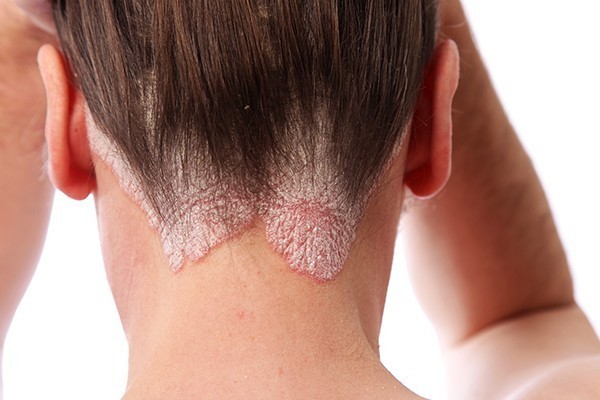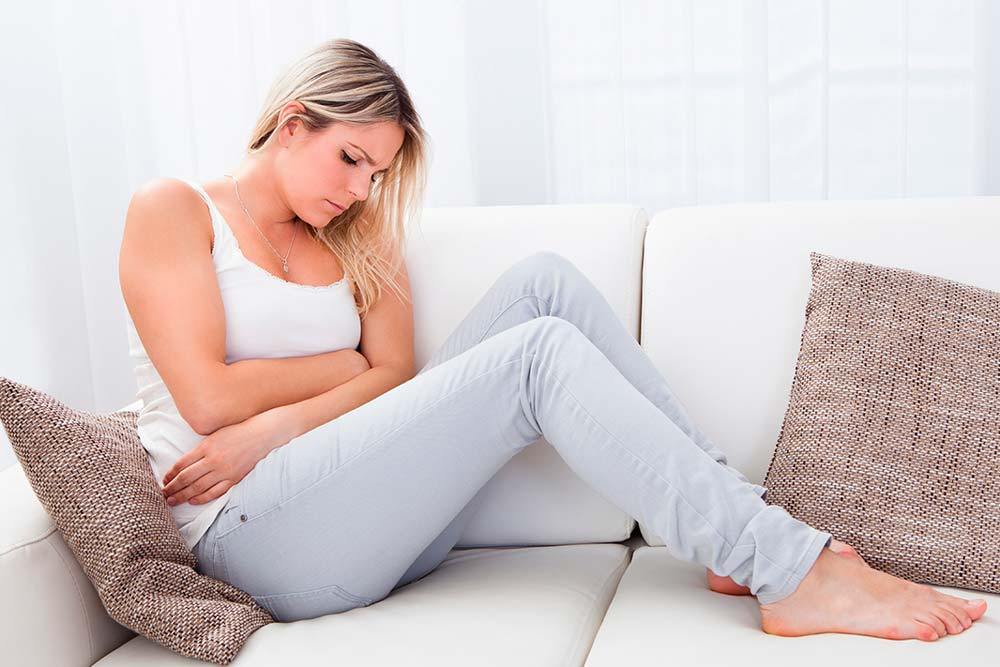Bad Diet & Hair Loss: Effects of Nutrient Deficiencies
Nutrient deficiencies in the 21st century
It may seem odd to talk about nutrient deficiencies in our modern world, considering many of us live in areas rich in resources. How could our diet possibly be lacking in vitamins and nutrients? The truth is, not all foods are created equally, and some people are confused about what they should and shouldn’t eat. Some may be uninformed or simply confused when it comes to healthy food choices and deceitful marketing doesn’t help. A balanced diet, rich in vitamins and minerals, is vital for a healthy body and head of hair.
How your diet affects your hair
Hair is made up of protein and the nutrients we get from consuming protein circulate through the blood vessels to feed the hair follicles. Therefore, we need a proper serving of protein for healthy hair growth. Protein is made up of amino acids. Some of those amino acids transform at the hypodermis level into cells that cluster around the hair follicles stimulating hair growth. That means, a protein deficiency indirectly influences the health of your hair structure and growth. Vitamins and minerals also play an important role here, as nutrients help prevent hair loss. The takeaway, therefore, is to eat a balanced diet with a focus on nutrient-dense whole foods.

Protein in your diet
Protein intake depends on weight and activity level. A woman’s diet, on average, should contain 40-60 grams per day. Hair growth begins once protein intake meets dietary needs.
The role of vitamins and minerals
Healthy hair is equally dependent on your vitamin B intake. Vitamin B3 improves blood circulation and brings oxygen and nutrients to the hair roots and hair follicles. In addition to vitamin B3, the hair needs vitamins B5 and B6 which ensure good hair growth and regulate keratin and sebum (the body’s natural oils) production. Vitamin B9 contributes to cell growth. Finally, vitamin B12 plays a vital role in the synthesis of DNA and RNA. These vitamins are found in brewer’s yeast, dried peas and lentils, dried fruits and winter vegetables, rice, mushrooms, fruits, and seeds, for example. Additionally, vitamins A and E are powerful antioxidants that protect the cells against damage.
Take essential supplements:
1. Iron
Iron plays an important role in your diet. It’s an essential metalloprotein that your body uses to transport oxygen in the blood. Some studies have found that an iron deficiency leads to your hair looking and feeling dry, it’s prone to breakage causing it to fall out. Iron deficiency, or anaemia, can be a major cause of hair loss.
2. Zinc
Zinc is an essential mineral needed for good hair growth, cell development, and reproduction. It is also an antioxidant that prevents the toxic effects of free radicals due to skin-aging.
3. Magnesium & calcium
Because magnesium affects your calcium concentration, it is a necessary element for healthy hair growth and good hair health.
4. Copper
Copper is an essential enzyme responsible for skin and hair pigmentation. Found in virtually every cell of the human body, this trace mineral contributes to the production of melanin that is responsible for the pigmentation of skin, hair and eyes. A deficiency in copper would potentially cause abnormal hair loss, as copper also balances the thyroid gland. Additionally, copper contributes to healthy hair growth. Finally, copper prevents dihydrotestosterone production, the hormone that causes alopecia.
5. Silica
Silica is an important natural anti-aging agent; however, it is often overlooked. Not only does Silica stimulate hair growth but it also boosts collage and skin elasticity. So this supplement promotes hair growth making it strong, thick and shiny, and also keeps skin toned.


